Be Aware of These Mosquitoes Causing Public Health Concerns
Although often dismissed as just warm-weather nuisances, mosquitoes contribute to more deaths than any other animal species. Each year, nearly one million people worldwide die from mosquito-borne diseases such as malaria, dengue, chikungunya fever, Zika, yellow fever, and West Nile fever. Many of these diseases are most common in tropical and subtropical areas. Nonetheless, the U.S. is still home to a number of mosquito species that carry potentially harmful viruses.
How do we determine the top 5 mosquitoes to be aware of?
In general, it’s important to be aware of the mosquitoes that pose the greatest dangers to human health. However, the term “dangerous” can mean different things. Is the most dangerous mosquito the one that is most widespread, affecting large areas and human populations? Or does the danger relate to the ability to transmit multiple diseases? Perhaps, the most dangerous mosquito is the one most resistant to control efforts or poses the greatest immediate risk to human health through disease severity. Some mosquito species transmit diseases that typically cause mild illness and rarely lead to death. In contrast, other species may infect people less frequently, but when they do, the symptoms are likely to be severe or even fatal.
With many of these considerations in mind, here are five common U.S. mosquitoes of public health concern due to their feeding behavior, populations, and potential to transmit diseases:
Aedes aegypti
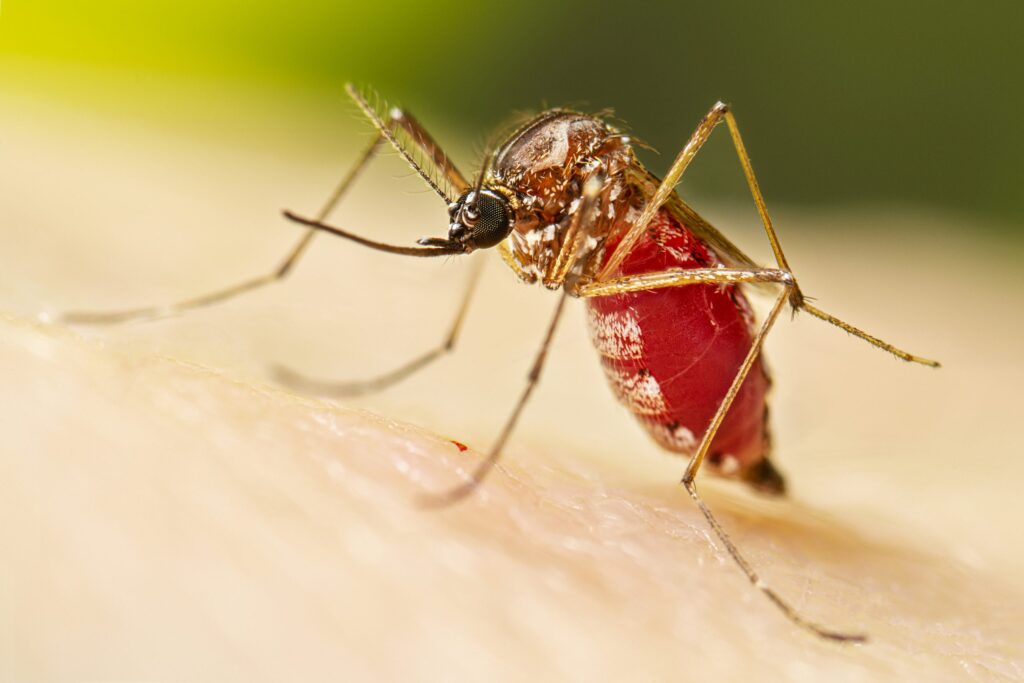
Aedes aegypti, sometimes referred to as the yellow fever mosquito for its history of transmitting this deadly virus, is predominantly found in the South, Southeast, Southwest, and parts of the Mid-Atlantic. Unlike other mosquito species that feed on a variety of hosts, Ae. aegypti feeds strictly on human blood, making it the primary vector for Zika, yellow fever, dengue, and chikungunya. It thrives in urban environments, laying eggs in small water-filled containers, such as plant saucers, outdoor pet bowls, and buckets. As opposed to many mosquito species, it feeds during the day, making it harder to control with standard control measures timed around dawn and dusk.
Aedes albopictus
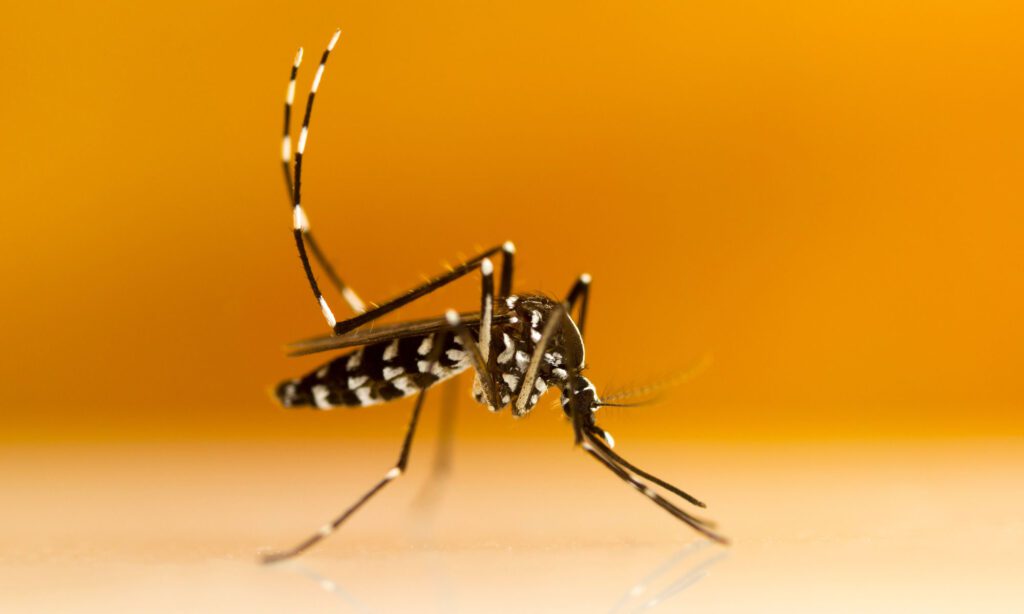
Aedes albopictus and Aedes aegypti are very similar. Also referred to as the Asian Tiger Mosquito, Aedes albopictus is an aggressive, invasive species known for biting during the day. It can spread dengue, chikungunya, West Nile virus, and various forms of encephalitis. It also breeds in small container habitats and feeds during the day, making nighttime control efforts largely ineffective. Aedes albopictus is considered a major public health concern across the U.S., particularly in Southeastern states.
Culex pipiens
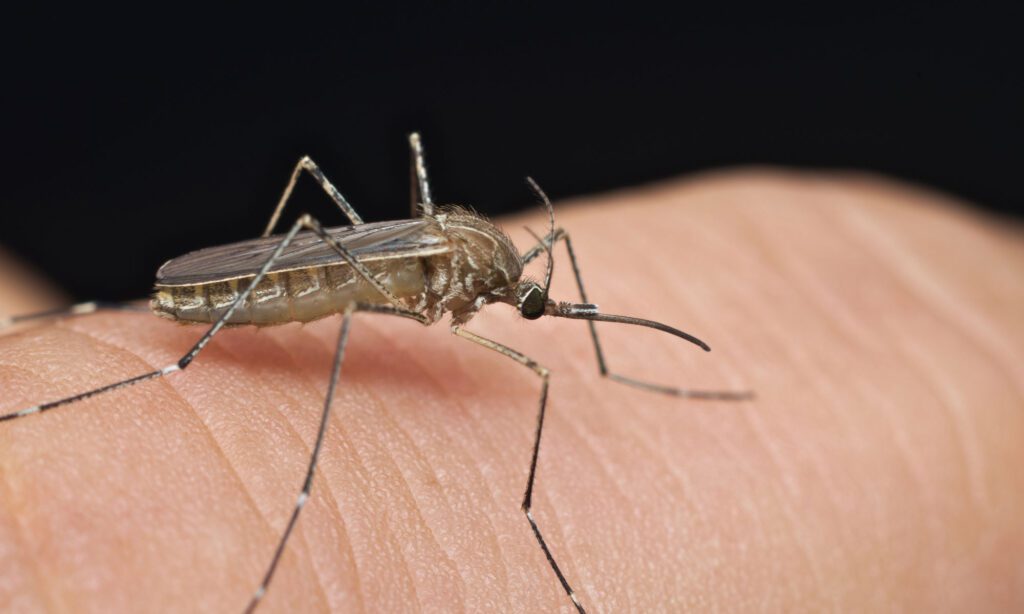
Culex pipiens, or Northern House Mosquito, bites both humans and birds, and is a primary vector of West Nile virus, St. Louis encephalitis, Western Equine encephalitis, and dog heartworm. Culex pipiens is primarily found in the temperate zones of the U.S. and survives winter by hiding in garages, sheds, and other sheltered habitats. Unlike other mosquito species, Culex pipiens skips blood meals in fall, instead storing fat from nectar and sugary foods to endure the colder months. It lays eggs in stagnant water that’s filled with decomposing organic materials, such as clogged gutters, storm drains, and bird baths.
Culex quinquefasciatus
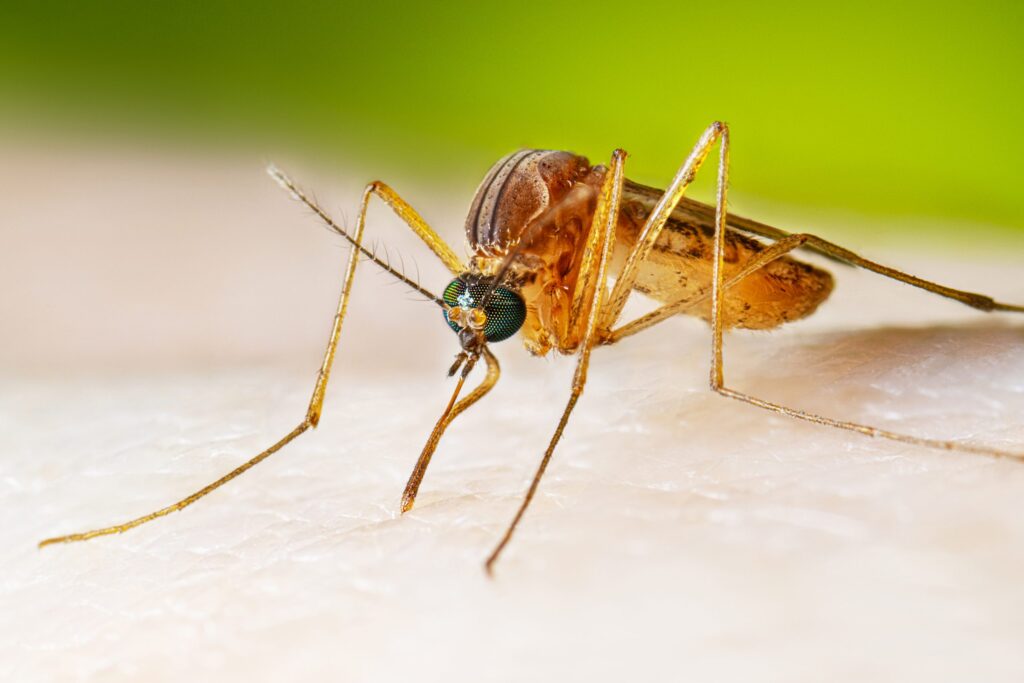
Culex quinquefasciatus, the Southern House Mosquito, can be found in the Southeastern region of the U.S. The species is a primary vector of WNV, St. Louis encephalitis, Western Equine encephalitis, and avian malaria. These mosquitoes are all active at night, and most cases of infection occur during the summer months.
Culex tarsalis
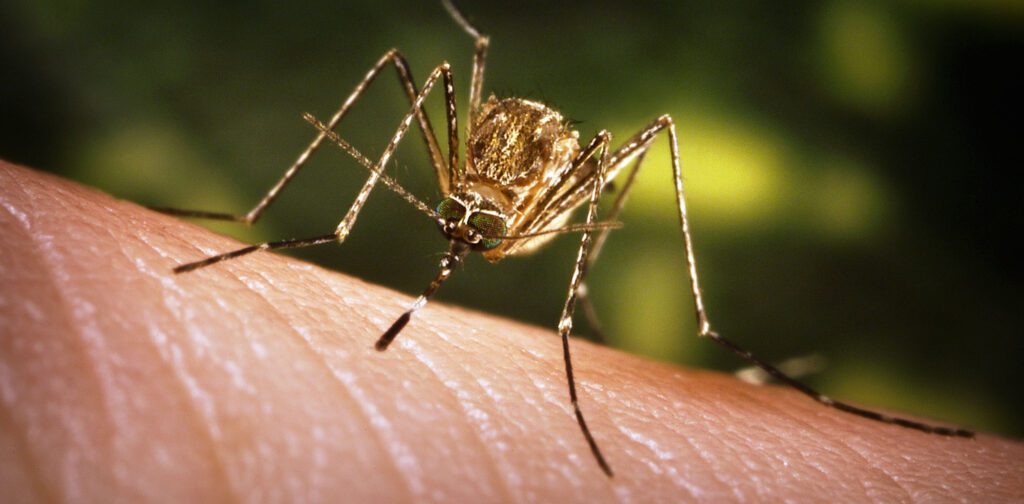
Culex tarsalis, commonly known as the Western Encephalitis Mosquito, is found across much of the U.S., particularly west of the Mississippi River in regions with temperate climates. This species is a known vector for diseases such as West Nile virus and St. Louis Encephalitis. Culex tarsalis prefers breeding in stagnant or slow-moving water, such as ponds and ditches, and are most active during the evening and night.
Explore our 2024 Mosquito-Borne Disease Year in Review for more information on these diseases, their symptoms, and the latest case data.
The Importance of Integrated Mosquito Management Programs In Protecting Public Health
While most mosquito bites result in mild irritation, the potential for disease transmission makes proactive mosquito management crucial. An Integrated Mosquito Management (IMM) program focuses on controlling mosquito populations at every stage of their lifecycle, from larvae to adults. Larval surveillance helps experts identify mosquito “hot spots” where abundant larvae are present, helping guide more effective control measures. Targeting mosquitoes during the larval stage is particularly effective, as they are more vulnerable to control methods. This proactive approach can help reduce the number of mosquitoes that make it to adulthood.
In addition to larval surveillance and control, an IMM program incorporates ongoing monitoring and surveillance of adult mosquito populations. When necessary, adult mosquito populations can also be addressed after action thresholds have been met, particularly after major weather events like hurricanes or floods, which create widespread breeding habitats. Professional mosquito control companies like VDCI also use science-backed strategies to assess disease threats and detect signs of insecticide resistance. These integrated efforts promote more effective mosquito management programs and happier, healthier communities.
Contact Our Experts
Complete the form below or call us at 800-413-4445 to speak to an expert about your mosquito management needs.
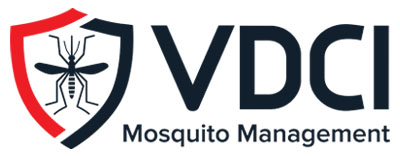 Since 1992, Vector Disease Control International (VDCI) has taken pride in providing municipalities, mosquito abatement districts, industrial sites, planned communities, homeowners associations, and golf courses with the tools they need to run effective mosquito control programs. We are determined to protect the public health of the communities in which we operate. Our mosquito control professionals have over 100 years of combined experience in the field of public health, specifically vector disease control. We strive to provide the most effective and scientifically sound mosquito surveillance and control programs possible based on an Integrated Mosquito Management approach recommended by the American Mosquito Control Association (AMCA) and Centers for Disease Control and Prevention (CDC). VDCI is the only company in the country that can manage all aspects of an integrated mosquito management program, from surveillance to disease testing to aerial application in emergency situations.
Since 1992, Vector Disease Control International (VDCI) has taken pride in providing municipalities, mosquito abatement districts, industrial sites, planned communities, homeowners associations, and golf courses with the tools they need to run effective mosquito control programs. We are determined to protect the public health of the communities in which we operate. Our mosquito control professionals have over 100 years of combined experience in the field of public health, specifically vector disease control. We strive to provide the most effective and scientifically sound mosquito surveillance and control programs possible based on an Integrated Mosquito Management approach recommended by the American Mosquito Control Association (AMCA) and Centers for Disease Control and Prevention (CDC). VDCI is the only company in the country that can manage all aspects of an integrated mosquito management program, from surveillance to disease testing to aerial application in emergency situations.

